|
|
|
|
Massive spikes in COVID-19 infections in countries like India and Kenya have exposed desperate shortages in the supply of oxygen for patients. Trevor Duke explains what lies behind the shortages and provides insights into what countries with limited resources can do to secure better supplies. He argues that governments and health services should invest in bedside oxygen concentrators and generators to supply whole hospital or district needs. And global agencies should support this in a way similar to the scaling up of vaccines through global partnerships like COVAX.
In the fourth quarter of 2020, Nigeria’s unemployment statistics stood at 33.3%. This means that about 23.2 million people who should have had jobs were out of work. Helping us make sense of this statistic, Ndubisi Nwokoma, a professor of economics, unpacks how inconsistent policies and the poor state of the economy since 2015, compounded by COVID-19 lockdowns and growing insecurity, resulted in job losses and a reduced capacity to create new ones.
Botswana has made the controversial decision to lift a five-year ban on hunting elephants. Supporters of the decision refer to elephant overpopulation, human-wildlife conflict and the need for tourism income. Others dispute these as valid reasons for hunting, and point to its negative consequences for conservation and people. In today’s episode of our podcast, Pasha, Ross Harvey and Peet van der Merwe debate this emotive issue.
|
Moina Spooner
Commissioning Editor: East and Francophone Africa
|

|
|
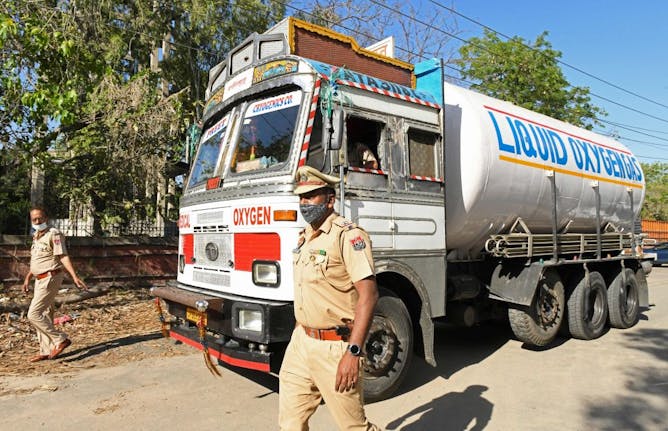
Police personnel escort a truck carrying medical liquid oxygen to the Guru Nanak Dev hospital in Amritsar, India, on April 24, 2021.
Photo by NARINDER NANU/AFP via Getty Images
Trevor Duke, The University of Melbourne
For now, governments and health services should invest in bedside oxygen concentrators and oxygen generators to supply whole hospital needs.
|
|
|
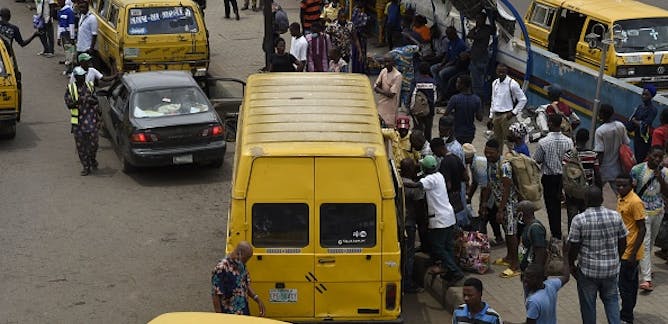
Ndubisi Nwokoma, University of Lagos
Nigeria's economy is in bad shape. This has affected its ability to create jobs.
| |
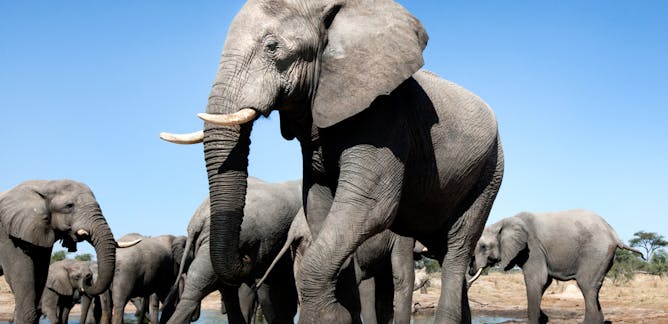
Ozayr Patel, The Conversation
Is Botswana allowing the hunting of elephants a good or a bad thing? Two academics weigh in.
|
|
|
Politics
|
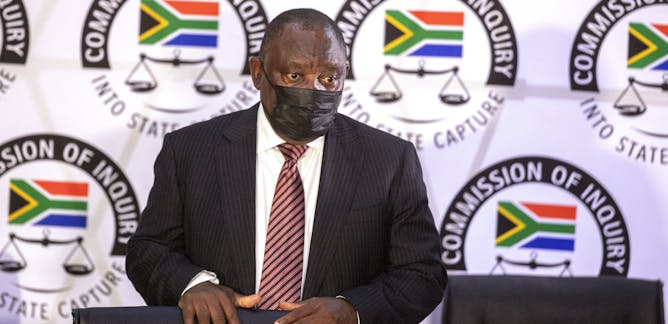
Dirk Kotze, University of South Africa
Unlike most politicians but typical of a negotiator, South Africa's president has not put his plans on the table for public scrutiny.
| |
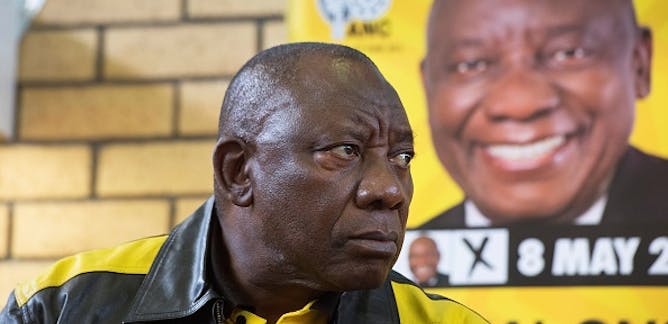
Richard Calland, University of Cape Town
Ramaphosa will be eager to communicate his position that no one should be above scrutiny and that all parts of society,should be examined by the Commission.
|
|
|
|
|
From our international editions
|
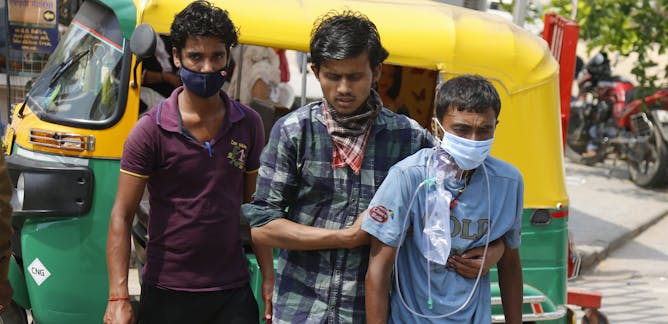
Rajib Dasgupta, Jawaharlal Nehru University
The emergence of an Indian "double mutant" strain of the coronavirus may explain the country's tragically soaring infection rates. Genomic testing and monitoring will be crucial in the weeks ahead.
| |
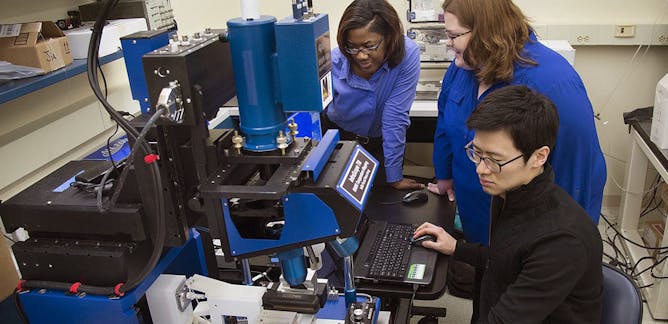
Tahira Reid, Purdue University
A mechanical engineer brings her personal experiences to address human-centered problems and encourage 'compassionate design.'
|
|
|
| |
Featured events
|
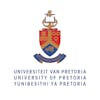
|
Crn Lynnwood and Roperstreet, , Pretoria, Gauteng, 0083, South Africa — University of Pretoria
|

|
Online, Hatfield, Pretoria, Gauteng, 0083, South Africa — University of Pretoria
|

|
Robert Sobukwe Road, University of the Western Cape, Bellville, Cape Town, Western Cape, 7535, South Africa — University of the Western Cape
|

|
MS Teams, Western Cape, 7600, South Africa — Stellenbosch University
|
|
|
|
| |
| |
| |
Would you like to republish any of these articles?
|
|
It’s free to republish, here are the guidelines.
Contact us on africa-republish@theconversation.com in case you need assistance.
|
| |
| |
| |
| |
|
|
|
|
|
|
|